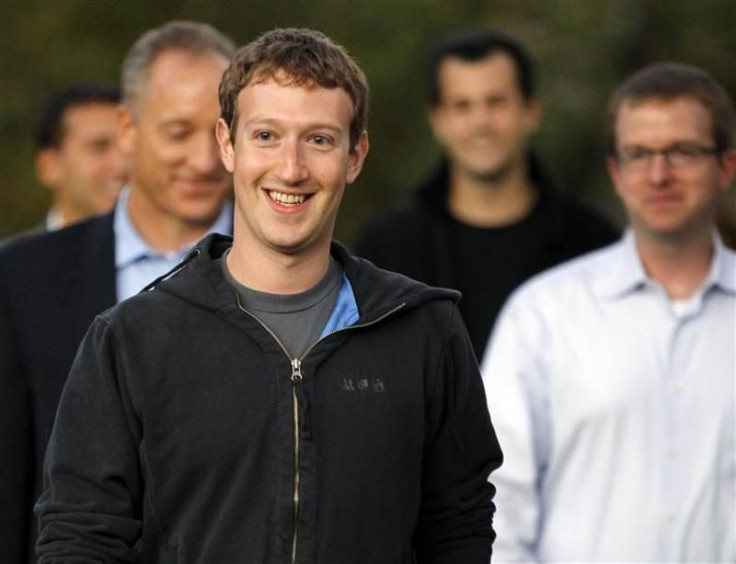New Private Facebook Share Sale Values Company at $94 Billion

Shares of Facebook were auctioned Thursday on the private site SharesPost that would value the entire company at $94 billion.
SharesPost, a private secondary market, sold 100,000 shares of Facebook Class B stock for $40 apiece, which would give the Menlo Park, Calif.-based company the value not far from the anticipated $100 billion it's seeking.
SharesPost, based in San Bruno, Calif., confirmed the auction, which came a day after Facebook filed for its initial public offering seeking to raise as much as $5 billion for unspecified purposes, although the prospectus filed with the U.S. Securities and Exchange Commission said the deal is in large part to meet tax obligations of CEO Mark Zuckerberg, who will remain the owner of about 57 percent of Facebook's equity.
Morgan Stanley is the lead underwriter of the Facebook IPO. The document said Facebook had 117 million Class A shares and 1.76 billion Class B shares, along with 380 million restricted stock units that vest later, as well as shares linked to employee options and compensation.
Depending upon the response to the Facebook IPO, Morgan Stanley could adjust the number of shares. It won't set the price the social networking site sells shares to the public until the night before the actual offering.
Until the IPO is approved, the only way for Facebook shareholders to cash out is through secondary exchanges. Last week, in anticipation of the filing, Facebook's outside law firm, Fenwick & West, asked employees to stop selling them.
The move came after SharesPost auctioned a block of 70,000 Facebook shares at $34 apiece, which would have valued the whole company around $80 billion.
© Copyright IBTimes 2024. All rights reserved.












